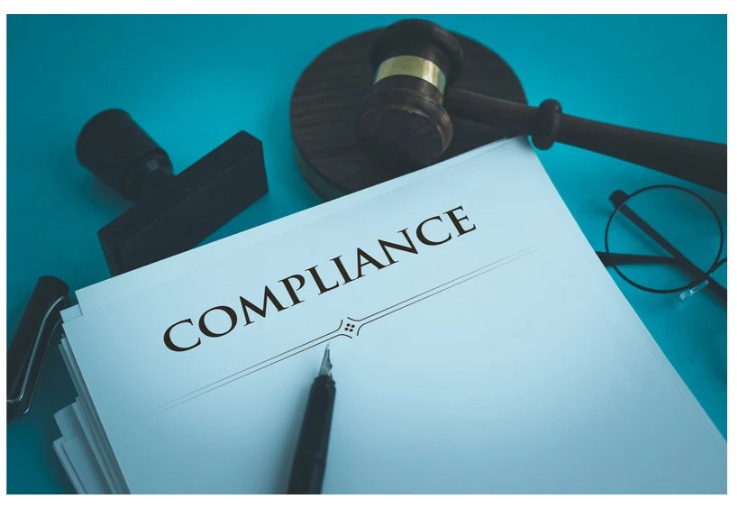
CCPA Compliance Checklist: Ten Key Points
In today’s digital era, privacy and data protection have become critical concerns for both individuals and businesses. The California Consumer Privacy Act (CCPA) is a landmark regulation in the United States that aims to empower consumers and enhance their privacy rights. As a business operating in California or dealing with California consumers, understanding and complying with the CCPA is essential. To help you navigate this complex landscape, we have compiled a comprehensive CCPA compliance checklist with ten key points.
- Understanding the Scope: The CCPA applies to businesses that collect and process personal information of California residents and meet certain annual revenue or data processing thresholds. Ensure that your business falls under the CCPA’s jurisdiction to determine compliance obligations.
- Updating Privacy Notices: Review and revise your privacy notices to include specific CCPA requirements. Provide clear information about the categories of personal information collected, the purposes for collection, and the rights provided to consumers. Implement a “Do Not Sell My Personal Information” link on your homepage to honor opt-out requests.
- Map Data Flows: Conduct a comprehensive data mapping exercise to understand how personal information is collected, used, and shared within your organization. Identify any third parties that may receive this information and ensure they have appropriate data protection mechanisms in place.
- Data Subject Requests: Develop processes to handle data subject requests such as access, deletion, and opt-out of sale. You must respond to these requests within specific timeframes, typically no later than 45 days. Verify the identity of the consumer making the request and ensure a well-documented workflow to handle these requests effectively.
- Data Minimization: Take steps to minimize data collection and retention. Only collect personal information necessary for the intended purpose and avoid storing it beyond what is required. Periodically review your data retention policies and ensure they align with the CCPA’s principles.
- Enhance Security Measures: Implement appropriate security safeguards to protect personal information from unauthorized access, disclosure, misuse, or loss. This includes measures such as data encryption, regular vulnerability assessments, and staff training on data protection best practices.
- Vendor Due Diligence: Assess the privacy practices of your service providers and any third-party organizations you share personal information with. Ensure contractual agreements include appropriate data protection clauses, specify the purposes for sharing, and restrict further selling or using the data beyond the outlined purposes.
- Children’s Privacy: If your business targets or collects personal information of minors under the age of 16, ensure you obtain parental consent or verify the consent of the minor if they are 13 years or older. Display clear notices and provide an opt-out mechanism for minors.
- Internal Awareness and Training: Educate your employees on the CCPA’s provisions and their responsibilities in ensuring compliance. Conduct regular training sessions to keep staff updated on best practices, data protection policies, and incident response procedures.
- Regular Compliance Monitoring: Establish an ongoing monitoring program to ensure your business remains compliant with CCPA requirements. Regularly assess and update your policies, procedures, and technical safeguards to align with changes in the law and industry practices.
Remember, achieving CCPA compliance is an ongoing effort. Stay up-to-date with regulatory developments and industry standards to enhance your data protection practices. Cooperation with privacy enforcement authorities and consumer advocacy groups can help build trust and mitigate potential penalties or legal action.
As privacy and data protection continue to gain global attention, the CCPA sets the precedent for other jurisdictions to tighten regulations. By diligently following this CCPA compliance checklist, you can prioritize privacy and build a strong foundation for your overall data protection strategy.
Contact Cyber Defense Advisors to learn more about our CCPA Compliance solutions.





